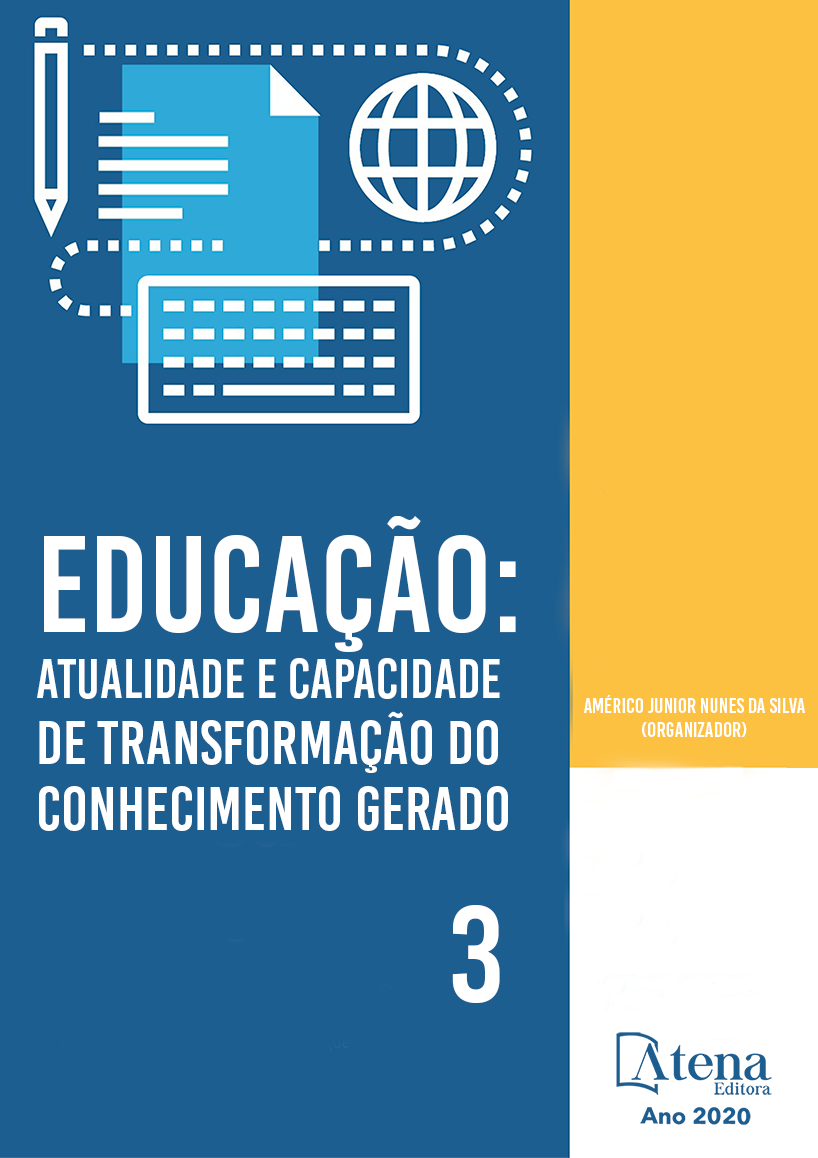
OS MOVIMENTOS SOCIAIS E A EDUCAÇÃO NA ERA DA CIBERCULTURA
O presente artigo aborda a relação pós-moderna entre a cibercultura, os movimentos sociais e a educação. Assim, serão apresentados conceitos referentes ao ciberativismo e à educação em ambientes digitais, processos mediados diretamente pelas Tecnologias Digitais da Informação e Comunicação (TDIC). Nesse sentido, o objetivo deste trabalho foi de analisar as formas organizacionais desses processos digitais e os comportamentos dos indivíduos frente à realidade cibernética, na qual cada vez mais se inserem. Ademais, a metodologia utilizada consistiu no desenvolvimento de um estudo exploratório de fontes bibliográficas a partir de autores correlatos ao tema em questão, tais como Lemos e Lévy (2010), Lévy (2011), Gohn (2014, 2011, 2010a, 2010b), Santaella (2003), Santos (2002), Bauman (2008, 2001), Castells (2003) e outros. A sociedade atual, inserida na era da cibercultura, apresenta--se sob a organização de novos arranjos sociais mediados, sobretudo, pelas TDIC, algo que traz implicações para as diversas esferas da vida cotidiana. Dessa forma, o ativismo social assume as características do mundo cibernético, algo que permite a construção de novas formas organizacionais para a política, o trabalho e a educação, por exemplo, com implicações diretas nos modos por meio dos quais os indivíduos se comportam frente a tais processos. Sendo assim, há espaço para o fortalecimento da comunicação interativa e da inteligência coletiva, principalmente a partir de reivindicações por questões identitárias, globais e por melhores condições de vida e trabalho. Diante disso, a educação também precisa apropriar-se do contexto cibercultural que a circunda, com a presença de um novo perfil de indivíduos em busca do conhecimento. Nesse cenário, a educação em ambientes digitais pode ser um caminho para oportunizar um ensino mais flexível e significativo, proporcionando o necessário protagonismo ativo a educadores e educandos na produção do conhecimento.
OS MOVIMENTOS SOCIAIS E A EDUCAÇÃO NA ERA DA CIBERCULTURA
-
DOI: 10.22533/at.ed.77720190813
-
Palavras-chave: Ciberativismo. Cibercultura. Educação em ambientes digitais. Movimentos sociais.
-
Keywords: Cyberactivism. Cyberculture. Education in digital environments. Social movements.
-
Abstract:
This article addresses a postmodern relationship between culture, social movements and education. Thus, concepts related to cyberactivism and education in digital environments will be presented, processes directly mediated by Digital Technologies of Information and Communication. In this sense, the objective of this work was to analyze the organizational forms of these digital processes and the performance of individuals in the face of cyber reality, in which they are increasingly inserted. Furthermore, a methodology used consisted of the development of an exploratory study of bibliographic sources, from authors related to the topic in question, such as Lemos and Lévy (2010), Lévy (2011), Gohn (2014, 2011, 2010a, 2010b), Santaella (2003), Santos (2002), Bauman (2008, 2001), Castells (2003) and others. A current society, inserted in the cyberculture era, presents itself under an organization of new social arrangements mediated, mainly, by TDIC, something that has implications for different scales of daily life. Thus, social activism takes on characteristics of the cyber world, something that allows the construction of new organizational forms for politics, work and education, for example, with direct implications for the ways in which individuals behave in the face of such processes. Thus, there is room for strengthening interactive communication and collective intelligence, mainly based on demands for identity, global issues and better living and working conditions. Therefore, education also needs to be appropriate for the cultural context that surrounds it, with the presence of a new profile of individuals in search of knowledge. In this case, education in digital environments can be a path to more flexible and meaningful teaching, providing the necessary active role to educators and students in the production of knowledge.
-
Número de páginas: 15
- Vanice dos Santos
- Carlos Eduardo Canani


